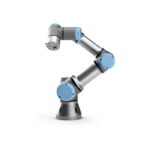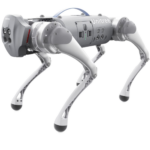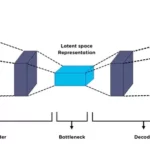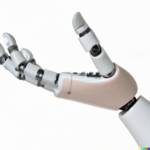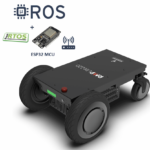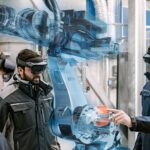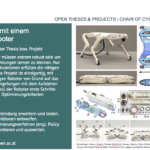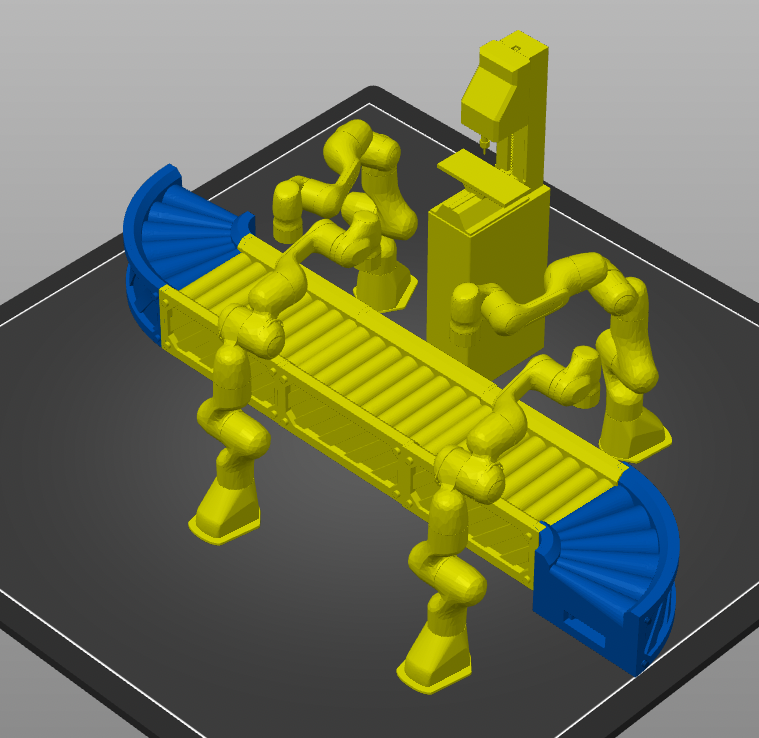
You are interested in working with real robots and want to understand how such machines ‘learn’?
This project will enable you to dig into the fascinating world of robot learning.
You will work alone or in a team on modern, state-of-the art hardware at the Chair of CPS.
We offer complex robotic systems, powerful PCs and GPU clusters to work with.
The course provides a structured and well motivated overview over modern techniques and tools which enable the students to define learning problems in Cyber-Physical-Systems.
Note that offer two courses, 190.014 and 190.019. You may select two project topics or continue your project in the second course.
Have a look at our project presentations: Link to Slides
Selected Topics (Many more are available upon request)
Tasks
- Select a topic from the presented topics at the CPS chair
- Build a team of 3-4 students.
- Send an E-Mail with all details (topic, members) to the supervisor (E-Mails are on the CPS webpage).
- Keep track of your tasks and working hours (spreadsheet with tasks, hours per day, and members).
- Send a 1-page concept of your project (tasks, outcomes, milestones, est. work hours, meetings with the supervisor) to us.
- Create a git repository on our studgit.cps.unileoben.ac.at
- Implement your project.
- Write a readme AND a wiki in the git repository. Dokument how you used AI tools like chatGPT. Translation and spelling tools can be neglected.
- Create slides to present your work at 24.06.2024 12:00-15:00 HS Thermoprozesstechnik
Grading
- 80 points for the project results (code, effort, team management, git readme, and git wiki).
- 20 points for the final presentation (20 min per group + 5 min. questions).
- up to 20 bonus points for extraordinary efforts.
Cumulative Points | Final Grade |
0 – 49.9 | 5 |
50 – 65.9 | 4 |
66 – 79.9 | 3 |
80 – 91.9 | 2 |
92 – 100 | 1 |
Links and Resources
Location & Time
- Location: Independent project team work, or for real robot projects in the Laboratories at the Chair of Cyber-Physical-Systems.
- Dates:
- Regular, typically weekly meetings, with your supervisor(s).
- Final presentation at the end of the semester.
Learning objectives / qualifications
- Students get a practical experience in working, modeling and simulating Cyber-Physical-Systems.
- Students understand and can apply advanced model learning and reinforcement techniques to real world problems.
- Students learn how to write scientific reports.
Literature
- The Probabilistic Machine Learning book by Univ.-Prof. Dr. Elmar Rueckert.
- Bishop 2006. Pattern Recognition and Machine Learning, Springer.
- Barber 2007. Bayesian Reasoning and Machine Learning, Cambridge University Press.
- Murray, Li and Sastry 1994. A mathematical introduction to robotic manipulation, CRC Press.
- B. Siciliano, L. Sciavicco 2009. Robotics: Modelling,Planning and Control, Springer.
- Kevin M. Lynch and Frank C. Park 2017. MODERN ROBOTICS, MECHANICS, PLANNING, AND CONTROL, Cambridge University Press.


